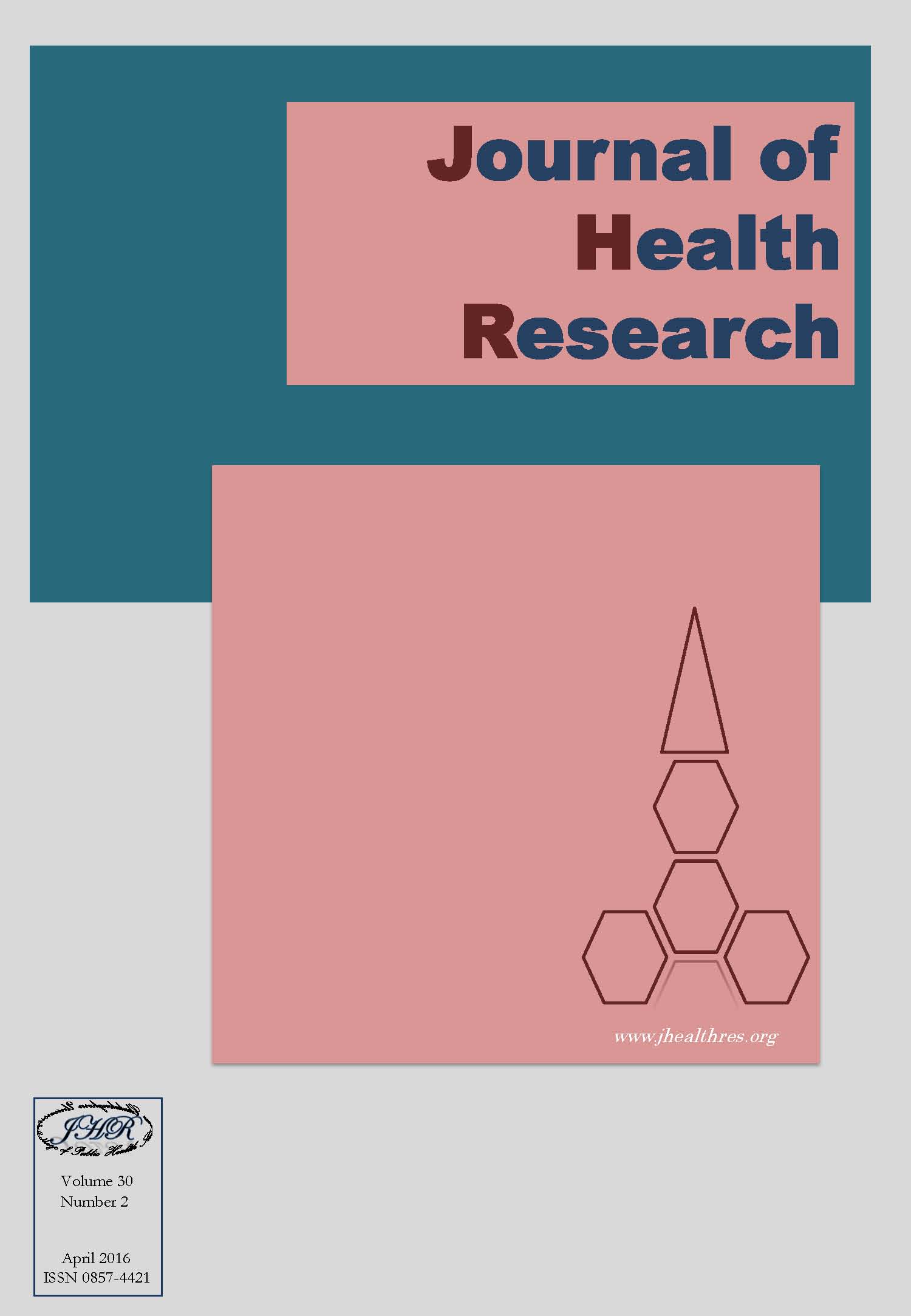The monetary value of physical exercise from the Thai population’s perspective
Keywords:
Physical exercise, Money worth, Monte Carlo analysisAbstract
Background: Physical exercise improves physical health, reduces sickness risk and raises work productivity. This study proposes the expected, present value of bequest increment being induced by physical exercise to measure these combined benefits. Bequest summarizes how long, how healthily, and how lucratively a person lives. Because its present value is expressed as today’s monetary value, everybody understands how much the combined benefits are.
Methods: Monte Carlo analyses of 5,000 scenarios were performed for Thai females and males, aged 20, 30, 40, 50 and 60 years, to compute the expected, present values of bequests. The analyses incorporated stochastic life-time incomes, expenses, savings and investment returns together with mortality and morbidity data. The monetary value of physical exercise is the difference of the expected, present values of bequests under exercise and sedentary lifestyles.
Results: For all Thai, the monetary value is significant statistically and financially. It is 3,747,336 and 1,661,293 baht for 20-year-old females and males, respectively. It is lower for older people. For 60-year-old female and male, the worth is 67,300 and 302,919 baht.
Conclusion: The money worth of physical exercise is significant. The resulting worth is higher for younger than for older Thai, implying that they benefit more if they start to exercise at a young age. This study recommends that everybody exercises and starts it early in life.







